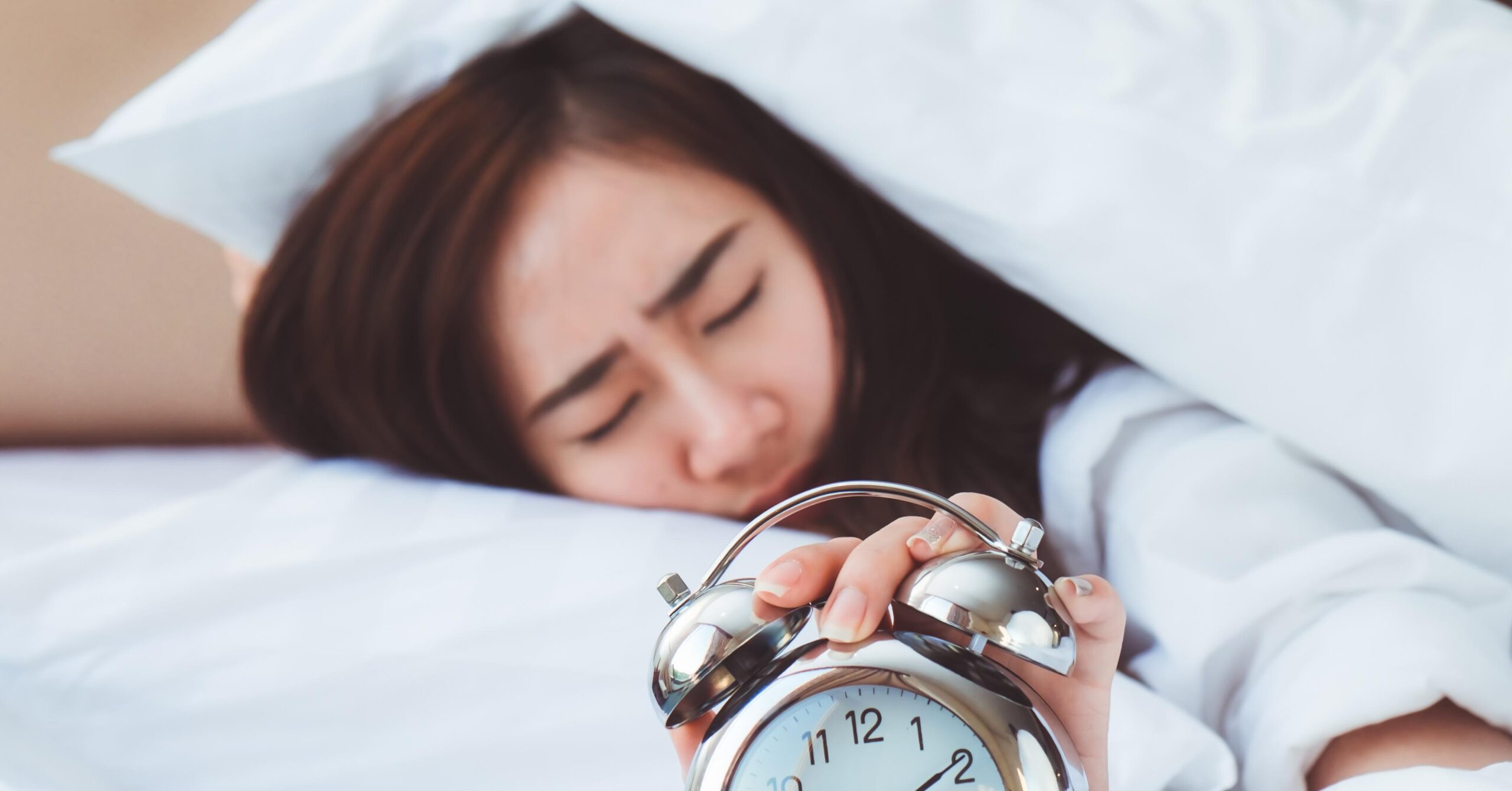Waking Up Soaked? Night Sweats Could Be a Startling Hormone Imbalance Warning
If you’ve ever woken up drenched in sweat, your clothes or sheets soaked, you’re not alone. While it’s easy to blame the weather or a heavy blanket, persistent night sweats could be your body’s way of communicating something deeper, especially when hormones are involved.
Night sweats can often be a sign of underlying hormonal issues, such as those caused by perimenopause, thyroid disorders, low testosterone, or cortisol imbalances.
What Experts Say About Hormonal Night Sweats
“Night sweats are one of the most prevalent yet often overlooked indicators of a hormone imbalance,” explains Dr. Heather Hirsch, MD, a board-certified internist and women’s health specialist. “They are particularly prevalent in women nearing menopause, but they can also be triggered by thyroid problems, blood sugar fluctuations, or adrenal stress.”
Dr. Hirsch also notes that low testosterone levels, particularly during andropause, can cause similar symptoms in men.
Research Findings: Why Your Body Overheats at Night
A 2023 study published in the Journal of Endocrine Research revealed a connection between fluctuating estrogen levels and an increased incidence of vasomotor symptoms in women aged 35 to 55. These symptoms include hot flashes and night sweats, even before menopause officially begins.
Other research has identified thyroid hormone imbalances, like hyperthyroidism, as a leading contributor to excess nighttime sweating, even in younger adults. According to the Mayo Clinic, night sweats can also be a warning sign of conditions like infections, certain cancers (like lymphoma), or medication side effects.
Why This Matters: Night Sweats and Your Health
Night sweats are more than just a comfort issue; they can significantly affect your sleep quality, mood, and immune health. When hormone-related, they may be a precursor to menopause, insulin resistance, or adrenal dysfunction.
If left unchecked, these imbalances may contribute to:
- Fatigue and daytime sleepiness
- Anxiety and mood swings
- Weight gain due to disrupted cortisol and insulin levels
- Increased risk of osteoporosis or heart disease (especially post-menopause)
The Centers for Disease Control and Prevention (CDC) warns that consistent sleep disruptions can impair your metabolism, immune system, and cardiovascular health.
How to Tell If It’s Hormonal (And What to Ask Your Doctor)
If your night sweats occur regularly (more than twice a week) and aren’t due to environmental heat or illness, consider discussing the following with your healthcare provider:
- Perimenopause or menopause testing (FSH, estrogen)
- Thyroid panel (TSH, T3, T4)
- Cortisol levels (especially if paired with stress and fatigue)
- Blood sugar testing (to rule out nocturnal hypoglycemia)
- Testosterone levels in men
Your doctor may recommend bloodwork or refer you to an endocrinologist if needed.
Natural Solutions and Lifestyle Tips to Ease Night Sweats
1. Cool Down Your Bedroom
Keep your room around 65°F (18°C), use moisture-wicking sheets, and avoid heavy blankets.
2. Balance Blood Sugar Before Bed
Eating protein and healthy fats in the evening can stabilize glucose levels, especially for those with insulin resistance or PCOS.
3. Try Herbal or Natural Hormone Support
Consider black cohosh, ashwagandha, or evening primrose oil—but always consult your provider before starting any supplements. Healthline’s guide on menopause supplements offers useful insights.
4. Limit Alcohol and Caffeine
Both can trigger hot flashes and night sweats, especially in hormonally sensitive individuals.
5. Support Liver Health
Your liver metabolizes excess hormones. Incorporate cruciferous veggies (broccoli, cauliflower), stay hydrated, and reduce exposure to endocrine disruptors in plastics and skincare.
6. Practice Relaxation Before Sleep
Stress elevates cortisol, which can disrupt thermoregulation. Try deep breathing, gentle yoga, or magnesium-rich Epsom salt baths.
Don’t Sweat It Alone
Waking up drenched in sweat may seem like a minor inconvenience, but when it occurs frequently, it could indicate an underlying hormonal imbalance that warrants attention. Whether you’re approaching menopause, managing stress, or simply not getting enough sleep, understanding the underlying cause of night sweats is the first step towards feeling better.
Dr. Hirsch advises treating symptoms as data. Your body is trying to communicate something, so it’s important not to ignore it.






